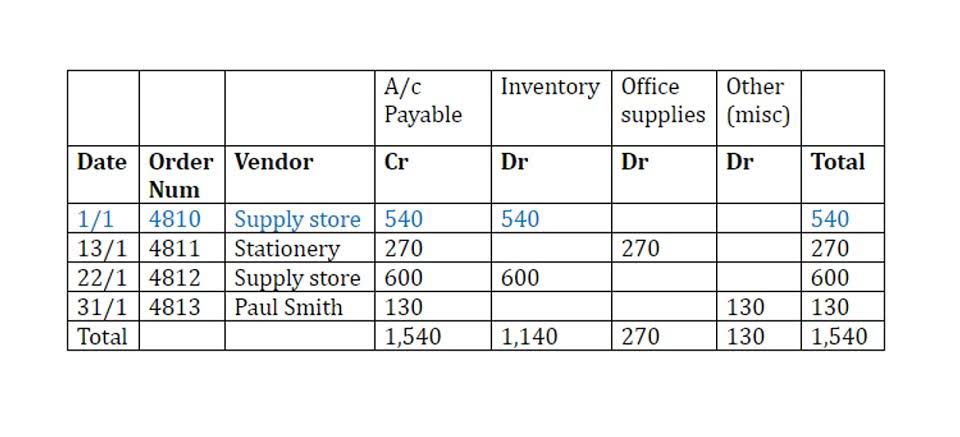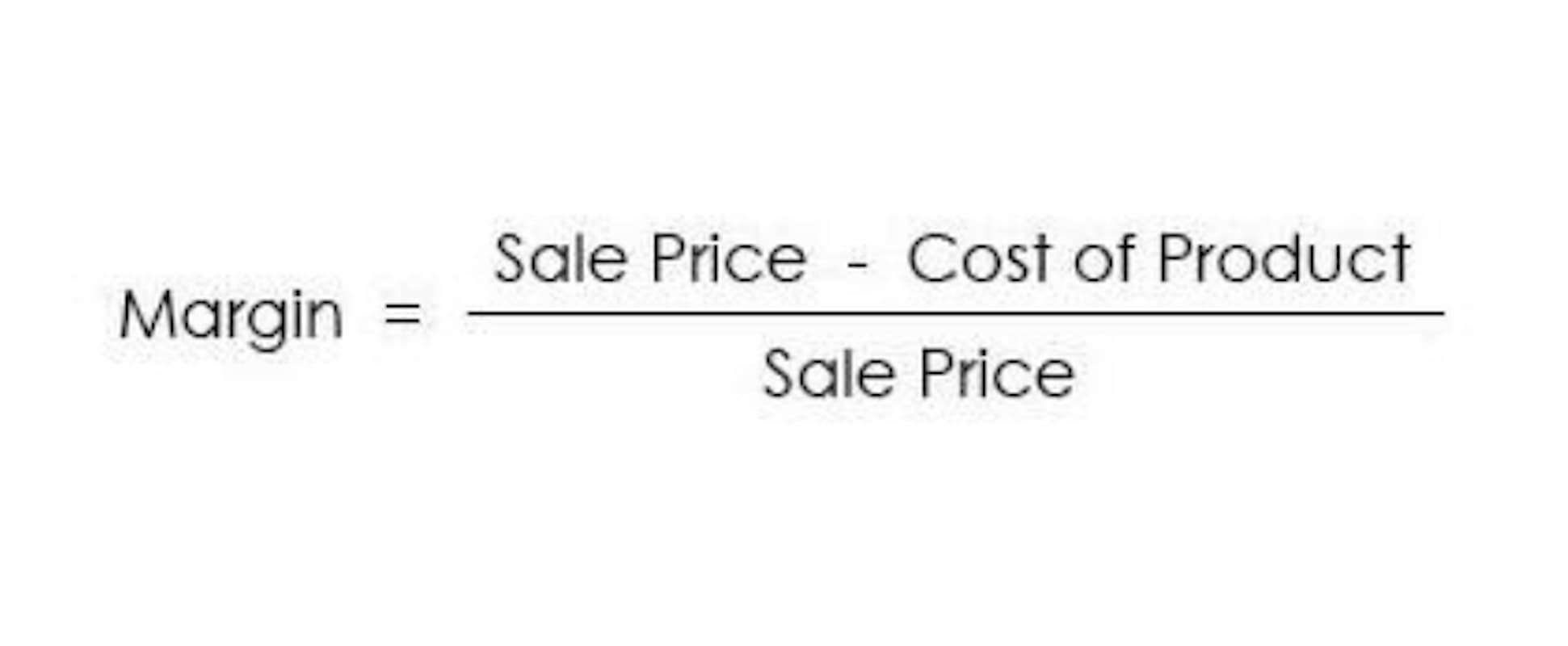
As a business owner, bookkeeping might not rank high on your list of priorities. However, maintaining accurate financial records is key to your business’s success. It’s essential for businesses to devote time and money to keeping accurate contribution margin financial reports. Ultimately, when you have a balanced bookkeeping system, you can rest assured that you also have an accurate indicator of measurable success.
- It helps create effective financial strategies, file tax returns on time, and avoid errors and penalties.
- Here are some bookkeeping drawbacks you might face as a small business owner.
- In this day and age, the providers you contract with don’t need to be in the same city, state or even time zone as you.
- If you’re unfamiliar with tax codes, doing your own bookkeeping may be challenging.
- Bank reconciliation is an important process that a bookkeeper should perform monthly.
- Managing cash effectively and efficiently lies in your ability to understand how cash moves in and out of your business.
Customized Services for Small and Medium Businesses

You might be trying to determine which bank account is best for your business and the difference between debits and credits while juggling the many record-keeping habits you need to manage. Whether you’re just getting started or you’re a small business owner with a brilliant vision, you’ll need to implement some basic bookkeeping techniques. How you organise and document your financial resources, though, is up to you. You can outsource the work to a professional bookkeeper, or you can do it alone. Whatever you decide, remember that you need to maintain adequate records of business transactions. However, they aren’t usually the primary method of recording transactions because they use the single-entry, cash-based system of bookkeeping.
How to become a bookkeeper

Automated tools help eliminate human error while giving you back the valuable time you would’ve had to spend on manual entries. An employer may request that you have a secondary school diploma to work in bookkeeping, but beyond that, requirements will vary. Some employers may hire you if you are working on a certificate, diploma, or degree in accounting, finance, business administration, or a related field. Employers may also take you on if you are working towards a full professional accounting designation so that you will eventually move into an accounting position at that organisation. Accounts receivable (AR) is the money your customers owe you for products or services they bought but have not yet paid for.

Record Financial Transactions
A lot goes into it—from managing payables and receivables to balancing books. But what might seem like an overwhelming task isn’t so bad when you break it down to the bookkeeping basics. If you’re unfamiliar with tax codes, doing your own bookkeeping may be challenging. If you have in-depth tax and finance knowledge beyond the bookkeeping basics, you may be able to get the job done.
- It is the place where a business chronologically records its transactions for the first time.
- Bookkeeping tasks provide the records necessary to understand a business’s finances as well as recognize any monetary issues that may need to be addressed.
- Simply turn your financial statements over to your CPA or other tax filings expert, and let them handle the rest.
- Bookkeeping helps businesses keep track of money coming in and going out—like recording sales, expenses, and payments.
- The accounting period that a business entity chooses for its business becomes part of its bookkeeping system and is used to open and close the financial books.
- Bookkeeping is the process of recording and organizing financial transactions, such as purchases, sales, receipts, and payments, in a systematic manner.
In single-entry bookkeeping, you report profits https://www.bookstime.com/bookkeeping-services/minneapolis and business expenses for all expenditures in a cash register. The double-entry method begins with a journal, followed by a ledger, a trial balance, and financial statements. The next, and probably the most important, step in bookkeeping is to generate financial statements.
- Learn more about what bookkeepers do and what it has to do with accounting.
- QuickBooks is an excellent option for novice and seasoned digital bookkeepers alike.
- While a degree is not always necessary, some companies will look for candidates with coursework in accounting.
- Bookkeeping is a meticulous discipline that demands attention to the details of a company’s financial interactions.
Common bookkeeper duties
Proper planning and scheduling is key since staying on top of records on a weekly or monthly basis will provide a clear overview of an organization’s financial health. While any competent employee can handle bookkeeping, accounting is typically handled by a licensed professional. It also includes more advanced tasks such as the preparation of yearly statements, required quarterly reporting and tax materials. While they seem similar at bookkeeper near me first glance, bookkeeping and accounting are two very different mediums. Bookkeeping serves as more of a preliminary function through the straightforward recording and organizing of financial information.
- Archives have been discovered, showing the recording of accounts from farm produce in ancient Greece as well as from the Roman Empire.
- As you can imagine, there are quite a few differences between bookkeepers and accountants, including the level of education each job requires.
- Bookkeeping is a skill used in both large companies and small businesses, and bookkeepers are needed in almost every business and industry.
- Broadly, a bookkeeper’s job is to manage the books by keeping track of day-to-day business finances.
Accounts payable
Without a firm grasp of bookkeeping basics, it can be easy to confuse the terms bookkeeping and accounting and use them interchangeably. A ledger contains a chart of accounts, which is a list of all the names and number of accounts in the ledger. The chart usually occurs in the same order of accounts as the transcribed records. When it comes to budgeting for bookkeeping, the difference hinges on whether you hire or manage using software tools.
They help businesses remain profitable and make data-informed decisions. Fortunately, small business owners don’t need to be experts in mathematics to find success when doing their own bookkeeping. There are many ways to divide bookkeeping responsibilities and leverage powerful technology and small business accounting software for more accurate expense tracking.
Save time with verified expertise for your books

A Bookkeeper is responsible for recording and maintaining a business’ financial transactions, such as purchases, expenses, sales revenue, invoices, and payments. They will record financial data into general ledgers, which are used to produce the balance sheet and income statement. Simply put, double-entry bookkeeping means that every accounting journal entry should affect at least two accounts. It tracks assets, liabilities, equity, revenues, and expenses, which provides a more comprehensive system of tracking all business transactions. On the other hand, single-entry bookkeeping only tracks revenues and expenses and, more likely than not, this bookkeeping method uses cash-basis accounting.
